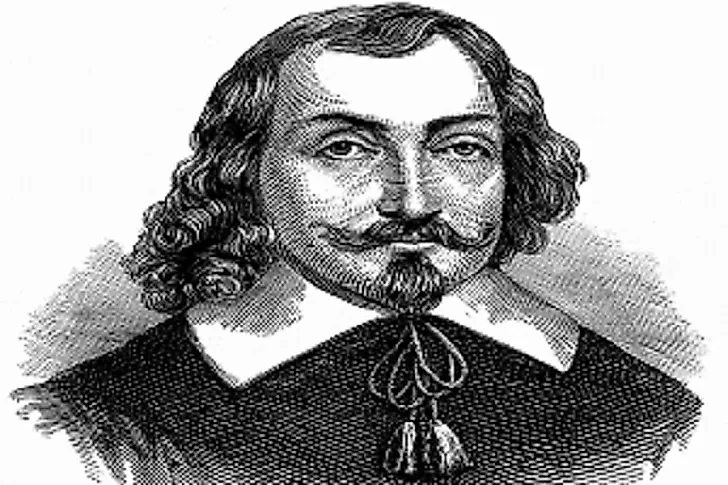Samuel de Champlain: Explorers Of The World

5. Early Life
Samuel de Champlain, who came to be known as “The Father of New France”, was born in Brouage, Saintonge, France, on August 13th, 1574. Samuel's father was a captain in the French marines, and his early years were spent studying navigation. Before he was twenty, Samuel was on a ship to Spain. From there, Champlain accompanied the Spanish fleet to the West Indies and then South America. He also visited Puerto Rico, Mexico, Colombia, Bermuda, and Panama. During these voyages, he served as an assistant to explorers and navigators aboard the ships, which would prove to afford him beneficial experience that he would need in years to come. He also became proficient in the use of firearms while serving in the army of the Catholic French King Henry IV against the Protestant Huguenots in the Breton region.
4. Career
De Champlain's father was a navy captain, and his uncle-in-law a navigator who owned a ship, so he had a heritage of sailing. His first voyage was as an accompaniment of his uncle to Cadiz, Spain, whose ship was used to transport Spanish troops. After a few months in Cadiz, Samuel found himself in the same ship bound for the West Indies with the Spanish fleet. After returning to Cadiz, he found his uncle very sick. After his uncle's death, Champlain inherited the bulk of his uncle's estate and properties making him a rich man. Although now financially independent, Champlain was employed by King Henry IV as a geographer. Champlain also explored North America, specifically in what are today the Canadian provinces of Ontario and Quebec, emulating Jacques Cartier's achievements in the region.
3. Discoveries
Champlain's oceanic explorations included the West Indies and North America. His many talents included cartography, which he used to map in detail many places in North America. He also wrote books on his many land explorations. Champlain captained his own ship on his voyages, and had fought as a soldier under King Henry IV of France. While exploring Canada, he befriended many Native American tribes, which ultimately helped him as he worked to build a new French colony the. He founded Quebec (then "New France"), and continued to expand the colony by devoting the rest of his last years to improving its fortifications and adding more structures. At the same time, he also founded two more settlements in the area. Along the way, he founded Quebec City in 1608, which is still thriving today.
2. Challenges
Champlain encountered many problems when he reached North America. The native Indian tribes couldn't get along with each other there, and he was forced to choose allies. His other major concern was in finding a land route to China through North America. For this purpose, Champlain made numerous exploratory treks further into the inner Canadian territories, believing that somehow he would find such a passage eventually. In defending Quebec against the English, he was once captured and brought to England. There, he lobbied to regain the colony from the English, a condition that had been stipulated in an earlier treaty before the surrender of Quebec. In 1632, the colony was returned to France.
1. Death and Legacy
Returning to Quebec (New France) in Canada after a brief stint back in Paris, Champlain continued to expand the colony that he had founded. He also worked in maintaining friendly relations among the many Native tribes he came into contact with. However, on December 25th, 1635, Champlain died after a severe stroke. He left most of his estate to his wife, Helene. His will also stipulated that substantial amounts of his wealth be given to Catholic missions and certain individuals in Quebec. However, his cousin on his mother's side contested the will in Paris due to her personal interests, and it was overturned in her favor. During his lifetime, Champlain was well-loved and respected by many Native Americans, colonists, and French merchants in Quebec alike. For his pivotal role starting a French colony there in the early 17th Century, Samuel de Champlain is often referred to as the "Father of New France".











